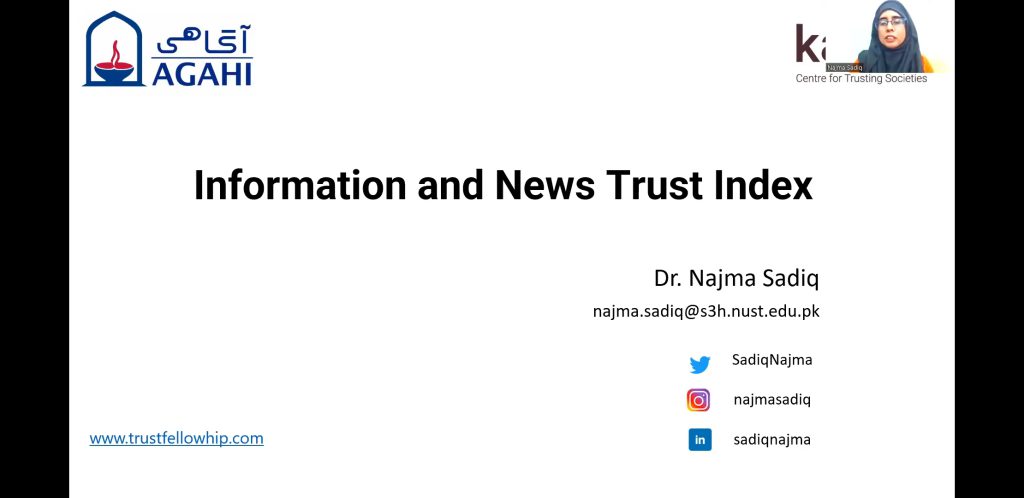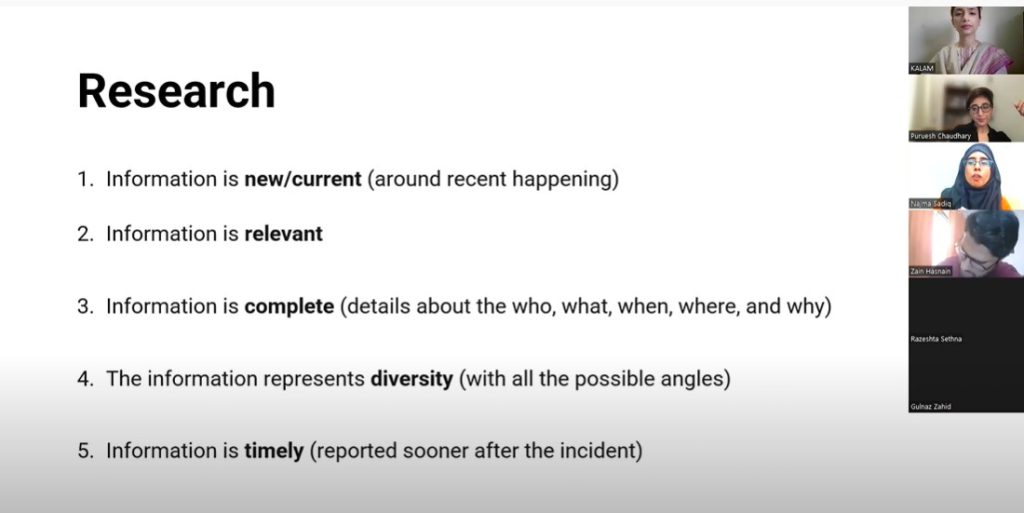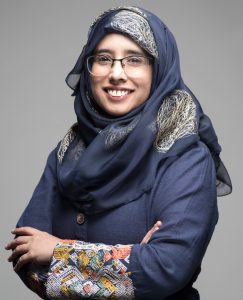The faculty of Mass Communication has been actively engaging in conversation about the impact that Covid, Information Disorders in Covid and otherwise have. The outbreak of COVID-19, mostly due to its novelty, pushed and accelerated the creation, transmission, and consumption of false information, unverified claims, misleading statements, false rumours, and conspiracy theories, globally. Not that False news and its spread wasn’t an issue to be disregarded prior to the COVID-19 Era. The spread of misinformation and disinformation in all its various forms has become a significant concern in the modern-day, connected in real time society. The reality of the digital age has encouraged us to believe that only positive changes would come when we live in hyper-connected communities able to access any information we require at any given time. But this fanciful image has been promptly replaced by the notion that our information ecosystem is now dangerously polluted and is dividing rather than connecting us if not dealt with properly. Dr. Najma Sadiq (also serving as the HOD Mass Communication) and Dr. Waqas Ejaz are two notable contributors to this conversation about information disorders and the power of correct communication.

Dr. Najma Sadiq’s work was presented when the AGAHI Foundation observed the United Nations International Day for the Right to the Truth Concerning Gross Human Rights Violations and the Dignity of Victims. It organized an online webinar session with journalists, academics and experts focusing truth and its importance in the context of human rights violations. This session was conducted in collaboration with the Kalām Center for Trusting Societies on 24th March, 2022. The agenda for this session was “Exponential Growth of Technology Poses Newer Challenges to Media Freedom”. Dr. Najma being part of the session presented her research work focused on the trust index. Dr. Sadiq talked about the issues related to information disorder and how if affected trust on information and news sources. She has also presented her recent research work of developing an index to measure trust. The Information and News Trust Index is developed to measure level of trust in the content. The work on the index is still in progress and presenting it on this platform has helped her in improving the quality of the index.

During a global pandemic, leaders and public health officials need to inform and mobilize the public to avoid behaviours no longer considered socially responsible. It’s important to communicate the correct information to ensure the barring of spread of information disorders. Recent researches have suggested that this conversation needs to be communicated well and strongly amongst the public to promote the said behaviour. Dr. Waqas Ejaz’s work along with more than 260 authors around the world published a global study in a highly prestigious journal, Nature Communications focused partially on this. He represented Pakistan among 60 other countries and provided evidence on how national identity is linked with Covid-19 related preventive measures. In doing so, he is the first communication scholar in publishing in such a reputed journal on a urgent and highly relevant topic. Data was collected from 60 countries and from Pakistan more than 500 people responded to the survey whereas the total number of participants were 49,000. The Study talks about how the ‘Respondents who reported identifying more strongly with their nation consistently reported greater engagement in public health behaviours and support for public health policies’.
As common knowledge and acceptance that Misinformation has systemic effects on our information environments, making all of us worse off, the above mentioned works are an effort, not only to understand but analyse the Department’s vision on communication globally. It’s also a conversation on how important the paradigms of strong communication are along with the need to identify and curb information disorders in the bud. The faculty at the Department of Mass Communication strives to bring about consistent and constant discourse to the space for safer and saner communication for all.
DOI: Van Bavel, J.J., Cichocka, A., Capraro, V. et al. National identity predicts public health support during a global pandemic. Nat Commun 13, 517 (2022). DOI: 10.1038/s41467-021-27668-9.
The author is an Associate Professor and Head of the Mass Communication Department, National University of Sciences and Technology (NUST). She can be reached at najma.sadiq@s3h.nust.edu.pk.
Researcher’s Profile: https://bit.ly/3Esyx2T





